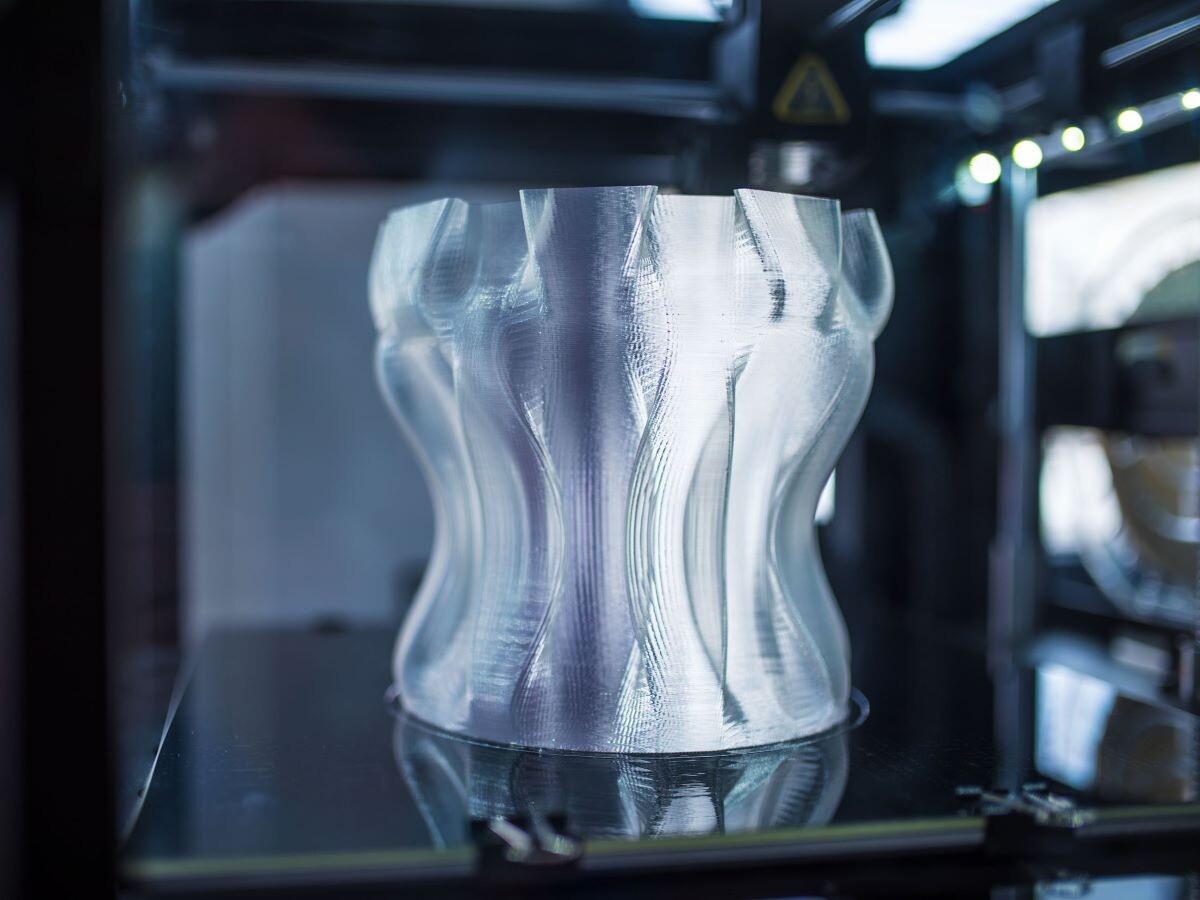Bio-based or bio-synthesized materials
Arkema's expertise in plant chemistry
Arkema’s amino 11 chemistry is derived from the castor bean, a renewable crop that does not compete with food and does not cause deforestation. Arkema is a leading driver of renewable castor farming in India.
This unique know-how in the chemistry of the castor plant offers a wide range of high-performance long-chain biosourced polyamides (Rilsan® polyamide 11 range) and linear oleochemical building blocks (Oleris® Advanced Bio-materials ) are produced.
Many finished products are already made from these biopolymers: soles of sports shoes, eyeglasses, casing of cell phones, auto parts, etc. and carbon-neutral Oleris® oleochemicals are widely used in the synthesis of high-performance lubricants, bio-based plasticizers, agrochemicals and pharmaceuticals, fragrances and flavors, natural ingredients for cosmetics, etc. Today, 5 biorefineries of the Group are manufacturing products from plants.
Our Cecabase RT® additives for road bitumen contain surfactants 50% made from raw materials of renewable origin. Their use helps reduce by up to 50°C the application temperature of road surfacing, and thus significantly save energy consumption compared to the standard process.
Arkema also offers a range of bio-attributed acrylic monomers using the mass balance approach. These monomers enable Arkema to start offering certified bio-attributed specialty acrylic additives and resins for a wide range of applications.
The replacement of fossil feedstock by bio/bio-circular feedstock support Arkema’s customers in achieving their climate plan goals by reducing their scope 3 greenhouse gas emissions.
Inside Materials:
Super powers of castor oil
Biobased Polymers for automotive equipment
On the strength of its expertise in castor oil chemistry, Arkema has developed a full range of ultra high performance biosourced polyamides capable of replacing metal in many under-hood applications.
In particular, Arkema recently developed the Rilsan® HT polyphthalamide (PPA) biopolymer used in the manufacture of certain under-hood equipment such as fuel lines, hydraulic lines, and connectors. This thermoplastic exhibits exceptional chemical and high temperature resistance, making it suitable to replace metal and rubber for the manufacture of rigid or flexible parts.
Collaborations to develop new plant-based raw materials
New gas separation membranes based on bio-based Pebax® elastomers
The European BIOCOMEM project, with its 9 partners, aims at developing and validating gas separation membranes (hollow fibers and thin film composite) based on bio-sourced Pebax® elastomer.
These membranes will be specifically designed to improve gas separation performance, including CO2, to offer greater resistance to chemical attack, while using an increased amount of bio-based materials.
Indeed, membrane separation techniques offer an efficient alternative to distillation processes with the potential for lower energy consumption and reduced greenhouse gas emissions.
New 100% bio-sourced flame retardant composites based on Rilsan® PA11
The European THERMOFIRE project, with its 12 partners, aims to develop high performance 100% bio-sourced flame retardant composites based on Rilsan® PA11, natural fibers and bio-sourced flame retardants, with a 20% reduction in weight and 15% reduction in cost, while maintaining the safety levels required in the automotive, aerospace and textile industries due to the need to minimize fire hazards and meet safety requirements.



